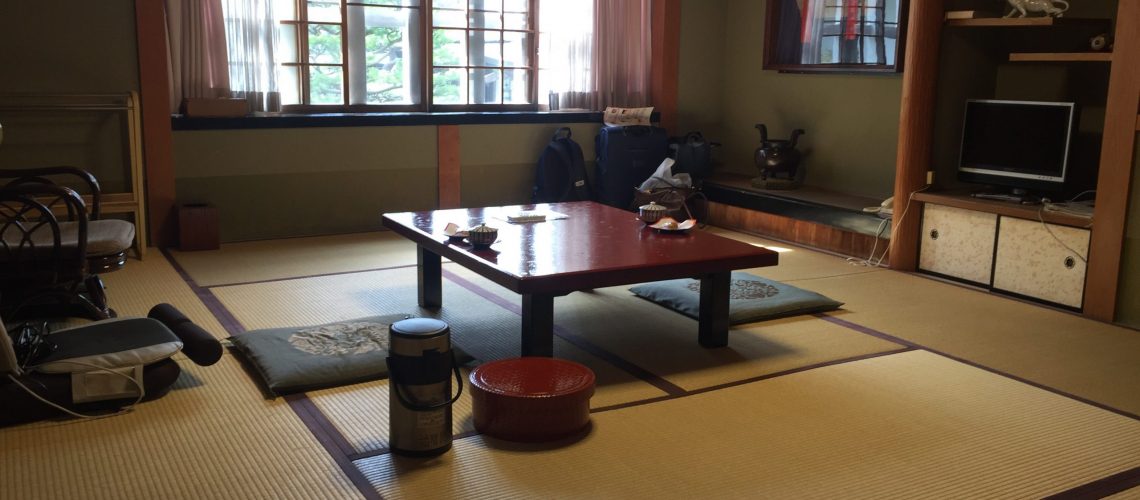I’m walking down the Ennis Road in Limerick. It is the summer of 2019. Cork have just beaten the All-Ireland champions, Limerick, and I’m feeling good. The Cork fans are buzzing – it doesn’t take much for us to roll back out our cocky strut. A lone and drunk young Cork supporter is taunting some Limerick people nearby. He sings (badly): ‘We’re from Cork and we’re better than you, We’re from Cork and we’re better than you, We’re from Cork and we’re better than you.’ Over and over again he sings it, smiling, pointing his finger at the Limerick fans, walking down the Ennis Road.
Isn’t that – at its very core – what sport is? A means for one person or one group of people to say to others: ‘I’m better than you’? The fact is that if Cork had lost, this young man would not be singing – he would be replaced by a young Limerick man, taunting Cork people. And it’s not enough to feel better than the Other we have beaten in sport, we have to tell them, too. We have to rub their noses in it. We cheer when an opposition players makes a mistake or hits a wide.
And, even if we don’t say it or taunt opposing players and fans, we feel superior. We want to feel superior and so we support our teams and will them to win. When our teams win, we win. When our players win, we win. When we win, we’re better than those losers, even if we console them after the game for being such losers.
We play sport to win. The whole point of playing is to make the Other, the opponent, lose – to cause them misery. Basically, you do whatever you can to assert your superiority over your opponent and to do that, you must crush them. If you don’t crush them, you’re not playing properly. If you are very good at sport, you must make others miserable – you have no other choice. It’s your job. I’ve done this many times. Others have done it to me and screamed joyfully in my face when they achieved their primacy over me. This is sport.
If, as I assert elsewhere in this book, we associate so strongly with the players on the pitch/court/track/ring, that in a way we actually become them, then are we not attempting/pretending to be better than ourselves? I become Federer, which means I am a better person than the real me – fitter, younger, richer, taller, braver, better looking, more determined, more focused, more talented (far more talented). But why do I need that? What’s wrong with me as I am? Why can’t I be happy with the real me? Why can’t I just admire both Federer and Djokovic and their amazing talents and their stunning beauty, rather than wanting one to beat the other, to assert his primacy – my primacy?
Is being a sports fan, or even a player, just a way to ‘big’ ourselves up? To give ourselves the appearance that we’re an enhanced version of ourselves? Is the whole idea of sport just a way for us to judge ourselves as superior to others? And if so, isn’t that a really bad idea? Wouldn’t it be better just to live our lives, to be kind and to enjoy our art and our world, to love our families, to love other people (or at least get on with them and not judge them as inferior versions of what we are)?
There’s a story about a western scientist visiting Tibet, when the Dalai Lama was young. The visitor observed a game of volleyball where all the participants wore the same colour uniform and were hitting the ball back and forth over the net without keeping score, and he asked the Dalai Lama what it was. Everybody tries to keep the ball in the air, the Dalai Lama explained. When the ball hits the ground it’s a sad moment for everyone, and you can see how they all console the person responsible. The visitor was incredulous and he explained that in his country the whole point of the game was to force the opponents into missing the ball – to make the other person sad. The Dalai Lama was aghast. But the ball must hit the ground all the time, he said, and then he began to weep. Such a way to play with the human spirit, he said, and he went to his room to pray.

